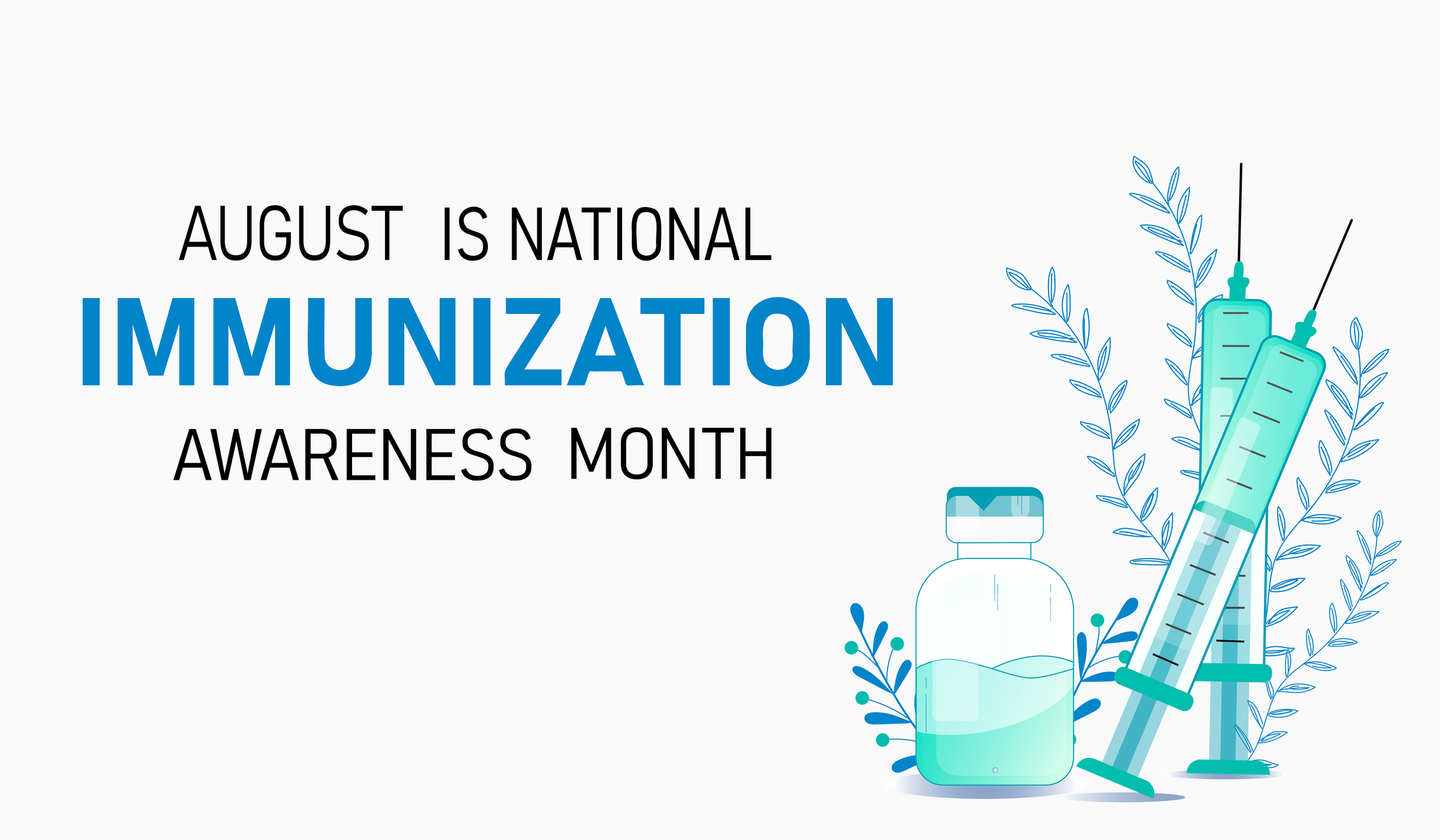Vaccination is essential for people of all ages
August is National Immunization Awareness Month, so it’s a good time to revisit why vaccinations are so important for people of all ages.
According to the Centers for Disease Control and Prevention (CDC), 4 million deaths worldwide are prevented by childhood vaccinations every year. For adults, there are more than 25 safe and effective vaccines that prevent diseases and mitigate outbreaks. In the spirit of raising awareness, here are some key facts that highlight the importance of widespread immunization.
1. Inoculation began almost 1,000 years ago
In the 1100s, a technique called variolation was developed for smallpox that involved inoculating children and adults with bits of dried scabs collected from smallpox patients who’d recovered. The leap forward in turning this technique into immunization began in 1798, when a physician proposed using a similar strategy for smallpox patients in Great Britain. Not long after, vaccines were developed for common diseases like chicken pox, rabies, diphtheria, typhoid, and cholera.
2. Vaccines work with your body
According to the CDC, vaccines work by helping your body create protective antibodies, the proteins that help fight off infections. Essentially, vaccines give your immune system essential info about a specific potential invader — like a strain of influenza or a disease like shingles — so that it recognizes that germ sooner and can attack faster if it ever gets into your system.
Also, as the U.S. Department of Health and Human Services notes, vaccines are safer than the natural immunity you’d develop as a result of getting sick because, well, you don’t have to get sick to benefit from them.
3. Protection from some vaccines fade over time
Each vaccine has its own recommended timeframe, and while some offer protection that lasts a lifetime, others require a booster that refreshes your ability to fight off specific threats. For example, you should get a tetanus shot every 10 years.
Certain vaccines, like the flu shot, are recommended every year. That’s because some viruses often mutate, which requires a new set of instructions for your immune system. If a virus is more stable and unlikely to replicate into different mutations — a top example is measles — then a single shot is enough to provide long-term protection. That’s why it’s helpful to work with your healthcare provider to put together an immunization timeline that’s tailored to your vaccination needs.
4. Vaccines can prevent serious illness
In many cases, the disease is only part of the risk because dangerous complications can also occur. For example, the flu vaccine not only protects you from the flu itself, but also from very serious flu-related issues like pneumonia, heart attack, and stroke.
Another notable example is the vaccine for HPV, the human papillomavirus, which is a leading cause of cervical cancer. The HPV vaccine can keep you from being infected, from passing that infection on to others, and from developing the cancers associated with the virus.
In summary, vaccines have been part of our medical landscape for over two centuries and have eradicated once-deadly diseases in the U.S. like polio and smallpox. Extensive clinical trials and safety testing, as well as ongoing research, are part of what makes vaccines so effective. In fact, regulation of vaccines in the U.S. began more than 100 years ago.
To ensure that you and your family are up to date with your vaccinations, talk with your healthcare provider about recommendations and schedules based on your age and health history.
